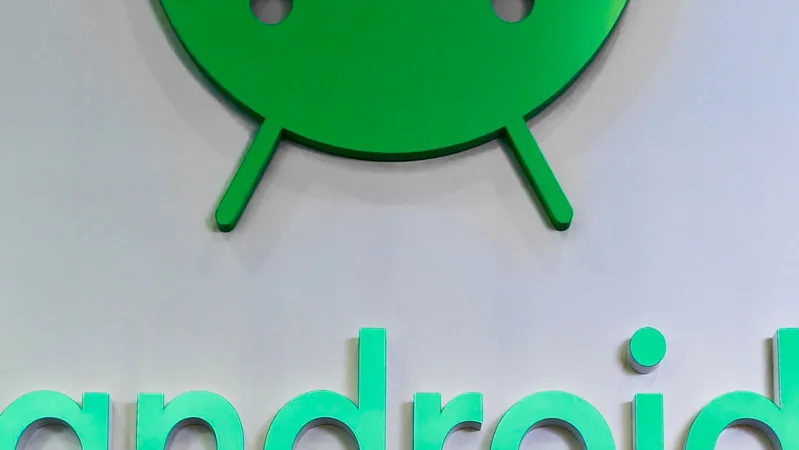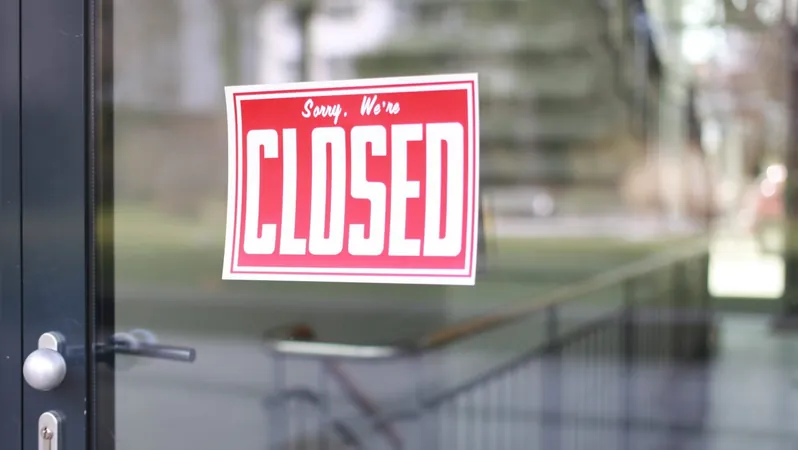
Google Reassures Users: Sideloading on Android is Here to Stay, But at What Cost?
2025-08-29
Author: Jacob
Android's Identity Crisis: The Battle Between Freedom and Security
In a surprising twist, Android is starting to resemble the very platform it was designed to counter—Apple's iPhone. With Android 15 and 16 prioritizing security and privacy, many long-time users are expressing their concerns. Android chief Sameer Samat took to social media platform X to assure users that "sideloading is fundamental to Android, and it’s not going anywhere," but is that enough to quell the growing unease?
The Heart of the Matter: Freedom of Choice
While sideloading—installing apps outside the Play Store—remains an option, the broader issue of user choice appears to be at stake. Android was originally celebrated as the freedom-loving alternative to the restrictive iPhone, but Google's latest updates are igniting frustration among its loyal user base. With new developer certification requirements set to debut next year, many are questioning what true freedom even means anymore.
User Backlash: Is Android Losing Its Edge?
In the wake of Google's announcement, discussions on platforms like Reddit have turned heated. Some users are asking, "What’s the point of Android if we can't install any app we want?" The fear is palpable—if personal choice is sacrificed for safety, why not just switch to an iPhone and eliminate the hassle? Google’s new Pixel 10 might be innovative, but many fear it will fall short if users feel stripped of their freedom.
Google's Justification: Safety over Freedom?
Samat insists that the new developer identity requirements are meant to protect users from malicious actors rather than limit their choices. He states, "We want to make sure that if you download an app from a developer, regardless of where you get it, it’s actually from them. That’s it." But can security and choice truly coexist?
A Shifting Narrative: Android's Future
Google claims you shouldn’t have to choose between an open ecosystem and security, asserting that both are possible. However, a vocal minority of dedicated users begs to differ. The definition of 'open' is being redefined as Google takes a more proactive approach to policing the Android ecosystem.
What's Next: A Long Road Ahead?
This heated debate has overshadowed major product launches, including the Pixel 10, raising questions about the timing of these controversial policy changes. As we look ahead to 2027 when these policies are set to roll out globally, one thing is clear: this story is far from over, and the clash between user autonomy and corporate oversight is only just beginning.









 Brasil (PT)
Brasil (PT)
 Canada (EN)
Canada (EN)
 Chile (ES)
Chile (ES)
 Česko (CS)
Česko (CS)
 대한민국 (KO)
대한민국 (KO)
 España (ES)
España (ES)
 France (FR)
France (FR)
 Hong Kong (EN)
Hong Kong (EN)
 Italia (IT)
Italia (IT)
 日本 (JA)
日本 (JA)
 Magyarország (HU)
Magyarország (HU)
 Norge (NO)
Norge (NO)
 Polska (PL)
Polska (PL)
 Schweiz (DE)
Schweiz (DE)
 Singapore (EN)
Singapore (EN)
 Sverige (SV)
Sverige (SV)
 Suomi (FI)
Suomi (FI)
 Türkiye (TR)
Türkiye (TR)
 الإمارات العربية المتحدة (AR)
الإمارات العربية المتحدة (AR)